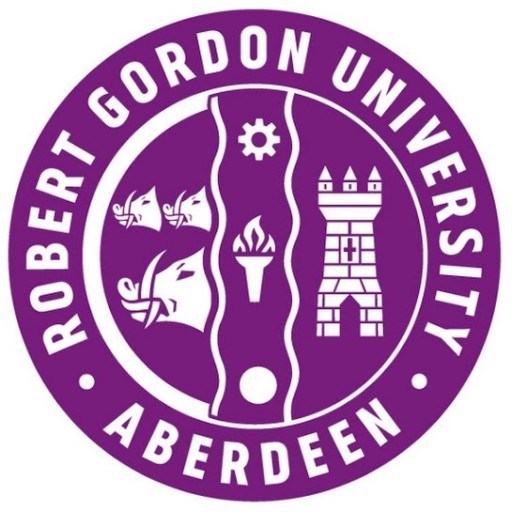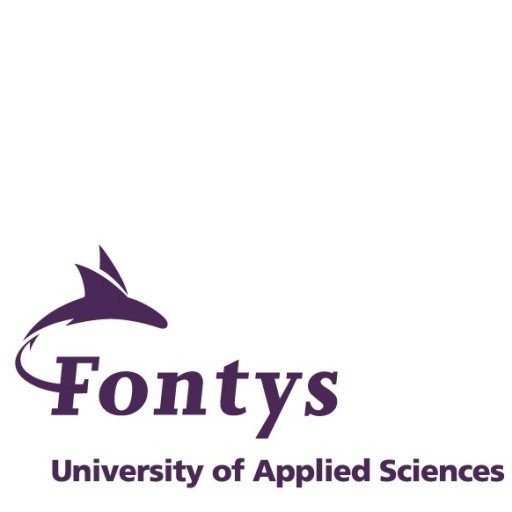Photos of university / #sheffhallamuni
Advancing Physiotherapy at Sheffield Hallam University is an innovative postgraduate program designed for qualified physiotherapists seeking to enhance their expertise and professional practice. This dynamic course aims to equip healthcare professionals with advanced knowledge across a broad spectrum of physiotherapy specializations, including musculoskeletal, neurological, cardiorespiratory, and sports physiotherapy. The program emphasizes evidence-based practice, critical thinking, and clinical reasoning, enabling students to improve patient outcomes through innovative assessment and intervention strategies.
Throughout the course, students engage in rigorous theoretical modules complemented by practical clinical placements, allowing them to apply learned concepts in real-world settings. The curriculum is structured to develop advanced skills in areas such as acute care, chronic condition management, leadership in healthcare settings, and research methodology. Students also explore contemporary issues affecting physiotherapy practice, including emerging technologies, interdisciplinary collaboration, and health promotion.
Designed for ambitious professionals, the program offers flexible study options, including part-time learning, to accommodate those balancing work commitments. Faculty members are recognized experts in their fields, providing high-quality supervision and mentorship. The program fosters a collaborative learning environment, encouraging peer-to-peer interaction, shared clinical experiences, and the development of a professional network.
Graduates of the Advancing Physiotherapy program will be well-prepared to take on advanced clinical roles, contribute to policy development, and participate in research initiatives. They will gain a thorough understanding of current best practices and innovative techniques, positioning them as leaders in the physiotherapy field. With a focus on lifelong learning and continuous professional development, this program ensures that practitioners remain at the forefront of healthcare advancements, ultimately improving patient care quality across diverse clinical settings.
The Advancing Physiotherapy program at Sheffield Hallam University is designed to equip experienced physiotherapists with advanced knowledge and skills to enhance their clinical practice and leadership capabilities. This comprehensive course focuses on the development of evidence-based practice, innovative intervention techniques, and critical thinking to address complex patient cases. The program covers a wide range of topics, including advanced musculoskeletal and neurological physiotherapy, pain management, rehabilitation strategies, and innovative approaches to patient care. It emphasizes the importance of reflective practitioners who can critically evaluate their practice and implement improvements based on current research and clinical guidelines.
Students will have opportunities to engage in practical workshops, clinical placements, and collaborative projects that foster a deeper understanding of the latest developments in physiotherapy. The curriculum integrates theoretical foundations with practical applications, aiming to prepare graduates for senior roles in clinical settings, management, or academia. Emphasis is placed on interprofessional collaboration, leadership skills, and the use of technology and digital health tools in physiotherapy practice. The program also encourages students to participate in research activities and contribute to the advancement of physiotherapy knowledge.
Designed for qualified physiotherapists seeking career progression, the Advancing Physiotherapy program at Sheffield Hallam provides a flexible learning pathway with part-time and full-time options. Upon completion, graduates will be equipped to make significant contributions to patient care, healthcare teams, and ongoing professional development. The program combines expert teaching, cutting-edge research, and practical learning to prepare students for the evolving demands of healthcare delivery and to foster lifelong learning and innovation in physiotherapy practice.
Program requirements for the MSc Advancing Physiotherapy at Sheffield Hallam University include a relevant undergraduate degree in physiotherapy or an equivalent health-related discipline, demonstrating a strong foundation in clinical practice and theoretical knowledge. Applicants are expected to possess a professional registration with the Health and Care Professions Council (HCPC) or an appropriate regulatory body, ensuring compliance with professional standards. Relevant clinical experience, typically a minimum of one year, is highly desirable to enable students to integrate academic learning with practical application effectively.
Proficiency in English language is essential, with IELTS scores of at least 6.5 overall or equivalent for non-native speakers, evidencing the ability to engage fully with the course content. The program emphasizes essential skills such as critical analysis, research methodology, and evidence-based practice, therefore applicants should demonstrate these competencies through prior academic or professional experience. As part of the selection process, applicants may be required to attend an interview or submit a personal statement outlining their motivation, career aspirations, and how the program aligns with their professional development goals.
While specific entry requirements can vary, applicants with relevant postgraduate qualifications or substantial clinical experience may be considered for flexible entry routes. The university also values candidates who show a commitment to continuous professional development and have shown leadership or innovation in their current practice settings. Evidence of good health and character, including compliance with healthcare profession fitness-to-practice standards, must be provided through appropriate documentation. In addition, applicants may need to submit references from academic tutors or clinical supervisors attesting to their suitability for postgraduate study. Overall, the program seeks motivated, experienced healthcare professionals committed to advancing their clinical expertise and leadership capabilities in physiotherapy practice.
The MSc Advancing Physiotherapy program at Sheffield Hallam University offers a comprehensive educational experience designed to enhance the skills and knowledge of qualified physiotherapists seeking to develop their expertise further. The program is funded through various financial options to accommodate students’ diverse needs. Tuition fees are structured per academic year and are typically payable in installments, with specific costs detailed on the university’s official website. For UK students, the tuition fee for the full program is subject to standard university rates, which may vary annually; international students are usually charged a higher fee reflecting the international fee structure. In addition to tuition fees, students should consider living expenses, which can include accommodation, transportation, and other personal costs. Sheffield offers a range of accommodation options, from university halls to private rentals, and estimates suggest that living costs can range from £9,000 to £12,000 per year, depending on lifestyle choices.
Students may also be eligible for financial aid through governmental loans, grants, or bursaries. The UK government provides support for eligible students through the Student Finance England, Student Finance Wales, or equivalent bodies, which can cover tuition fees and contribute towards living costs. Scholarships and bursaries are available for outstanding applicants or for specific categories such as mature students or those from underrepresented backgrounds. The university itself offers a variety of scholarships, some of which are merit-based, and others need-based, helping reduce the financial burden.
Part-time work opportunities are available on or near campus, enabling students to supplement their income during studies. The university supports international students in finding part-time employment, with guidance on legal working hours and regulations. Additionally, some students may secure research or teaching assistant positions, which provide both financial compensation and professional development. For those requiring further financial support, external funding options, such as private loans or sponsorships, may be considered. The university’s financial aid office provides advice and assistance to help students navigate funding options effectively. Overall, financing a Master’s in Advancing Physiotherapy at Sheffield Hallam University involves a combination of tuition fee arrangements, potential financial aid, personal savings, part-time employment, and external funding sources, ensuring students can focus on their academic and professional development with manageable financial planning.
Advancing Physiotherapy at Sheffield Hallam University is a comprehensive postgraduate program designed for qualified physiotherapists seeking to enhance their clinical skills, theoretical knowledge, and professional practice. This programme aims to develop practitioners who are capable of delivering advanced, evidence-based treatment interventions across a range of specialities. Throughout the course, students explore complex case management, current research, and innovative techniques to improve patient outcomes. The curriculum emphasizes critical thinking, problem-solving, and autonomous decision-making, preparing graduates for leadership roles within healthcare teams. The program includes modules such as advanced musculoskeletal physiotherapy, neurological physiotherapy, pain management, and clinical leadership. It combines academic learning with practical placements, offering students opportunities to apply their skills in real-world settings, often in collaboration with local NHS trusts or private clinics. The course is suitable for experienced physiotherapists wishing to specialise further or advance into higher-level roles such as senior clinician, specialist practitioner, or clinical educator. Sheffield Hallam University’s strong links with industry, commitment to applied learning, and focus on research-driven education ensure that graduates are well-equipped for contemporary physiotherapy practice. The programme is delivered through a blend of face-to-face seminars, workshops, online learning, and practical sessions, providing flexibility to working professionals. On successful completion, students receive a postgraduate qualification that enhances their career prospects and expands their scope of practice within the physiotherapy field. The university’s state-of-the-art facilities, experienced academic staff, and extensive clinical networks support students’ development and employability. The program also encourages engagement with ongoing research projects and opportunities for scholarly publications, fostering a culture of continuous professional development. Overall, the Advancing Physiotherapy program at Sheffield Hallam University is geared towards fostering expert practitioners capable of delivering advanced care, leading innovations, and contributing significantly to healthcare advancements.









